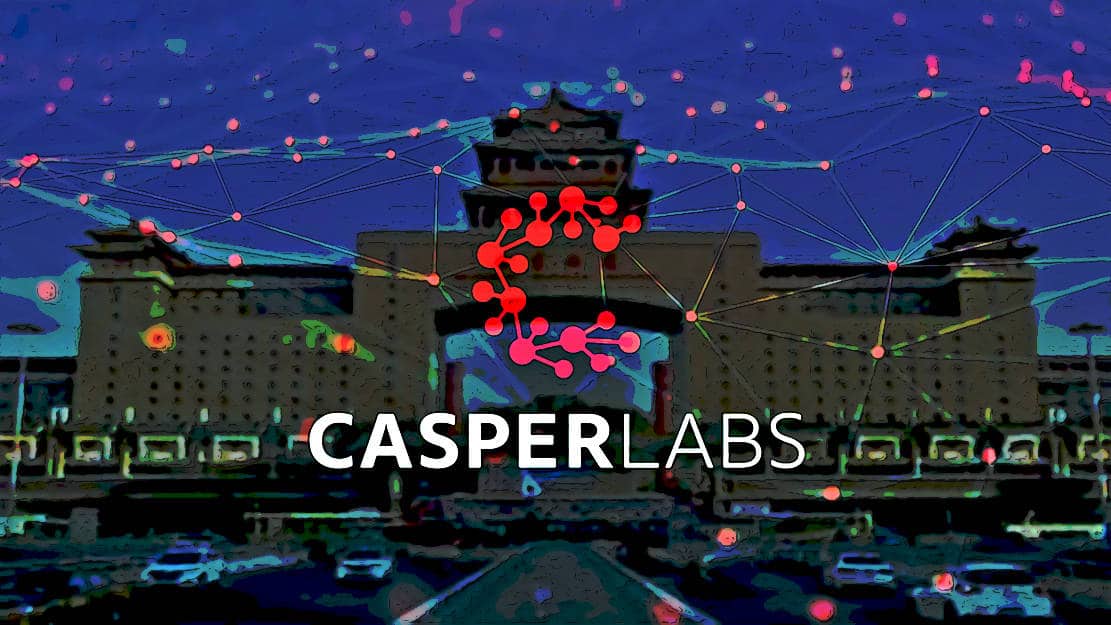China’s ambitious national blockchain infrastructure initiative, Blockchain Service Network (BSN) will add Casper Network, a proof-of-stake blockchain into both its international and China portals for developers after Casper’s mainnet launch in Q1 2020, CasperLab’s chief executive said.
BSN is one of few government-led and government-owned blockchain networks in the world and the most prominent example. Backed by Beijing and giant state-owned companies like China UnionPay, China Mobile and China Merchants Bank, BSN aims to provide a low-cost and efficient platform for developers to leverage blockchain technology and build decentralized apps (DApps) for it.
When BSN first launched for commercial use in April 2020, China watchers believed that BSN would be the bridge to connect the East and the West and to help China become the world leader in the development of blockchain technology.
But three months after its launch for commercial use, China split BSN into two separate systems — BSN International and BSN China.
BSN China, which owns around 120 city nodes across mainland China, is mostly a closed system that cannot access public chains due to China’s strict laws and regulations that permit blockchain technology but greatly restrict the use of cryptocurrency. As a result, BSN China is building semi-permissionless chains with tight controls over nodes and permissioned version of Ethereum for developers to leverage the power of public chains.
See related article: China’s blockchain network at new milestone with open permissioned chains
BSN International — which is attempting to build a “Digital Silk Road” around the world — will provide permissionless services through integrating public chains like Ethereum, NEO, Nervos, Polkadot and now Casper Network.
Casper Network will be integrated into BSN’s China and International portals, Mrinal Manohar, CEO and co-founder of CasperLabs told Forkast.news in an interview.
“We’ll be working with both. There are use cases where you want your infrastructure to be limited to a certain geography. There’s local regulation, et cetera. And so I see why there’s also a localized offering,” Manohar said. To achieve this, and also as a unique characteristic of Casper, Manohar explained that Casper is open-source and developers can choose which modality they want. “It’s a completely public, compassionless network the way that we’re setting up. But you can use the software in a private permission.”
Compared to other protocols, another unique characteristic of Casper is that it is a proof-of-stake blockchain. Rather than using mining equipment and consuming huge amounts of computing power to generate random numbers for the consensus required for proof-of-work blockchains, Casper Network’s proof-of-stake blockchain validates the new block by buying and staking the tokens, which requires much less computing power and allows the network to process transactions a lot faster.
See related article: China’s blockchain network adds CBDC payment layer, ConsenSys as partner
“We’re really about scalability without any sort of sacrifice,” Manohar said.
Manohar regards BSN as a larger part of Casper’s Asia strategy. Asia is leapfrogging many other parts of the world in terms of blockchain technology developments, he said. And he believes that BSN is one of few government-sponsored blockchain networks that will have the first-mover benefits.
“I would be surprised if a Western government at some point doesn’t try to do a similar initiative,” Manohar said.




